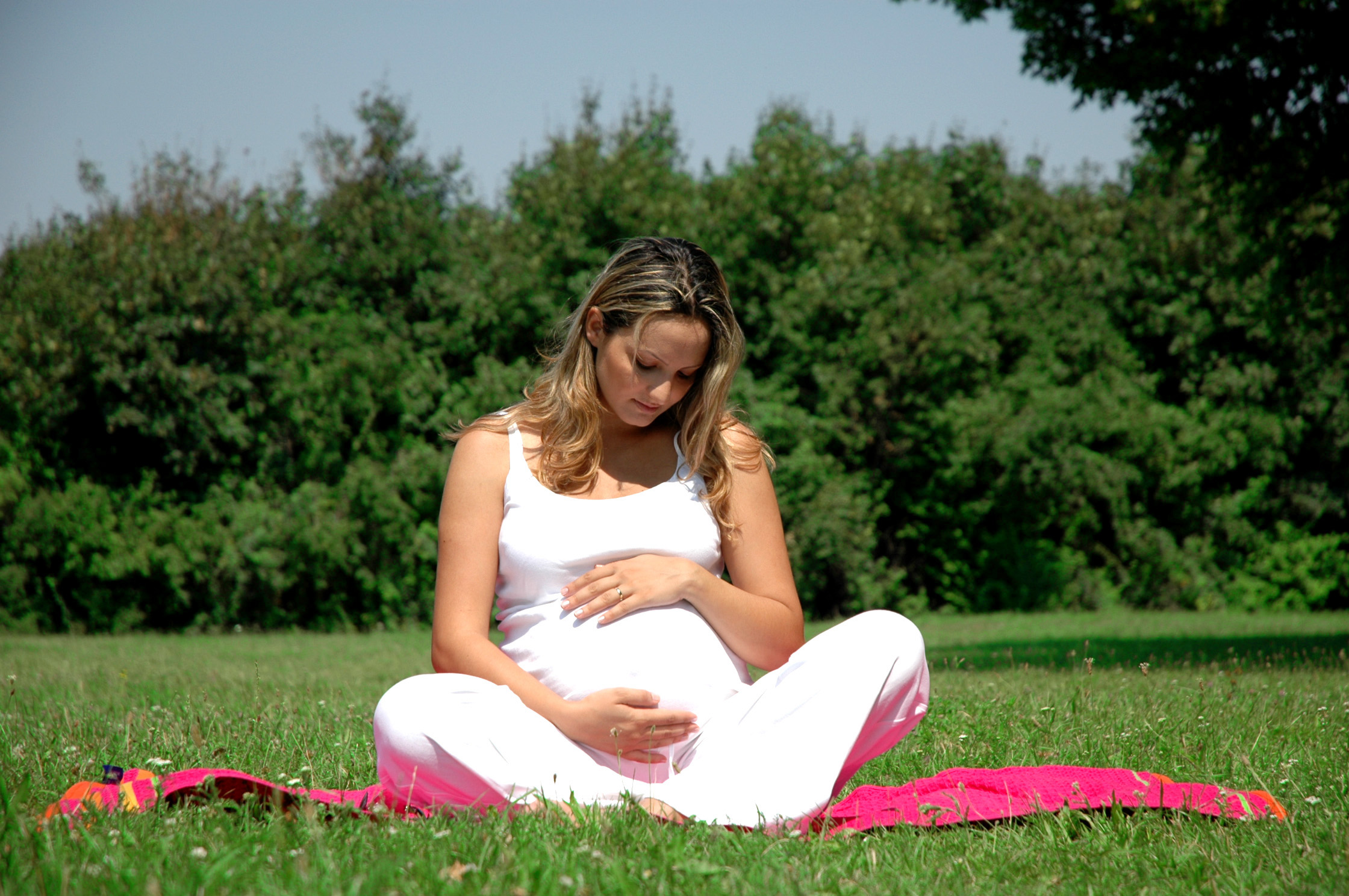
Can pregnant women exercise? The answer is a resounding yes! They can, and in most cases they should. The benefits of exercise during pregnancy include:
- Reduced back pain
- Decreased constipation, bloating and swelling
- Can prevent or treat gestational diabetes
- Improved energy
- Improved mood
- Improved posture
- Better muscle tone, strength and endurance
- Better sleep
- Decreased incidence of Caesarean section, decreased time in hospital and increased Apgar scores in infants
30 minutes most, or all, days of the week is enough for you and your baby to enjoy the benefits of exercise during pregnancy.
Exercising Safely During Pregnancy
Most healthy pregnant women need slightly modified exercise plans during pregnancy. If you are already exercising you should continue to do so, but with some modifications. If you are not already exercising you can, but should consult with a health care provider first and plan on taking it easy throughout your pregnancy.
Exercises that are safe during pregnancy include:
 Swimming – works a variety of muscles, is low-impact and the buoyancy of the water promotes smooth movement of thejoints
Swimming – works a variety of muscles, is low-impact and the buoyancy of the water promotes smooth movement of thejoints- Walking – an easy, safe form of exercise that can be done by anyone, anywhere
- Stationary cycling – a good aerobic workout that promotes strength and flexibility of the hip muscles and joints and has minimal risk for accident (unlike outdoor cycling)
- Low-impact aerobics – low impact, moderate intensity aerobics is safe and will keep your heart and lungs strong and give you the endurance you need for labour and delivery
Exercises that are not safe during pregnancy include:
- Scuba diving and mountain climbing – these activities involve low-oxygen environments that are not safe for the developing fetus
- Downhill skiing – the change in balance experienced during pregnancy increases the likelihood of injuries and falls
- Contact sports such as baseball, football, hockey and soccer – after 15 weeks these sports should be avoided due to the potential for injury
Guidelines for Exercising During Pregnancy
There are some guidelines for safe exercise during pregnancy that all expectant women should know.
Do not exercise if you have:
- Pregnancy-induced hypertension
- Toxemia
- Pre-eclampsia
- Preterm rupture of membranes
- Second or third trimester bleeding
- Incompetent cervix
- Signs of intrauterine growth retardation
Recommendations for exercising safely in pregnancy
- Drink water before, during and after exercise to prevent dehydration
- Wear clothing that is not restrictive and allows you to move and keep cool
- Wear a bra that fits well and is supportive to protect your breasts
- Avoid exercise in hot, humid weather or if you have a fever
- Avoid inverted exercises that place your head or heart below the level of your uterus
- After the first trimester, avoid doing any exercises on your back
- Avoid exercises that have repetitive bouncing or jerky movements, or require you to change direction suddenly – especially in the third trimester
- Avoid weight lifting exercises that require significant core strength, especially during the third trimester
- Consume adequate complex carbohydrates to replace the muscle glycogen lost during exercise (this will minimize the risk of fetal ketosis)
- Do not exceed a maximal heart rate of 140-160 beats per minute
Warning Signs
If you experience any of these warning signs, stop exercising and call your health care provider immediately:
- Vaginal bleeding
- Dizziness or feeling faint
- Increased shortness of breath
- Chest pain
- Headache
- Calf pain or swelling
- Uterine contractions
- Decreased fetal movement
- Fluid leaking from the vagina
With all this information you can confidently engage in exercise during pregnancy. It’s a healthy lifestyle choice for you, and your baby.
Disclaimer
The advice provided in this article is for informational purposes only. It is meant to augment and not replace consultation with a licensed health care provider. Consultation with a Naturopathic Doctor or other primary care provider is recommended for anyone suffering from a health problem.
Select References
American College of Obstetricians and Gynecologists. FAQ: Exercise During Pregnancy, 2011.
Hudson T, Women’s Encyclopedia of Natural Medicine. Keats Publishing. 1999
Rosato F. Fitness and Wellness: The Physical Connection, 2nd Ed. West Publishing Co, 1990


[…] more here: Exercise in Pregnancy | Dr. Lisa Watson ← Motherhood: Sweet Little Experiment | Skinny Mom | Tips for Moms […]